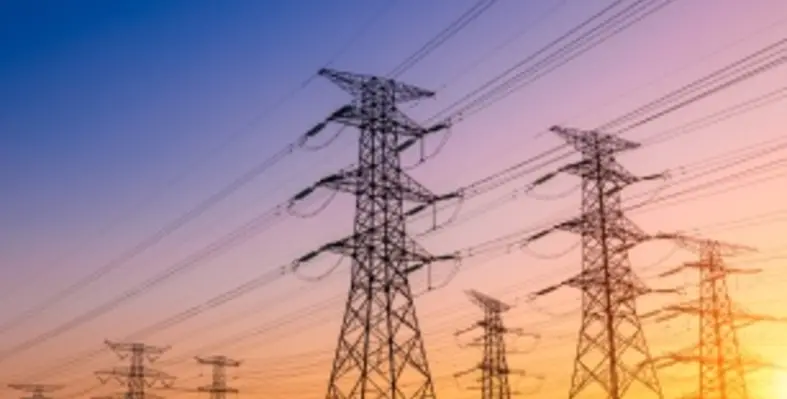With increasing capacities of renewables to be integrated into national grids, system planning and development of energy storage and peaking power will be vital to ensuring power supplies remain reliable and stable, according to Informa Markets Global Energy Utilities Forum (GEUF)
In the Arab world, Mohammed Al-Taani, secretary general of the Arab Renewable Energy Commission (AREC), highlighted the importance of renewable energy investment, with expected figures for this investment standing at around US$1tn by 2040. ?This is huge,? he said during a panel on Energy Systems of the Future. ?All Arab countries have emphasised to go green.?
For him, the contribution of renewable energy in Arab countries should come gradually, which is one of the main missions of AREC. However, he called on the need to generate more energy management and energy efficiency in the Arab world, similar to the European model, and reaching 30% of renewable energy by 2030.
Kuwait is one of the regional countries that is gradually investing in renewable energy, as Iqbal Altayar, director of technical supervision (Power and Alternate Energy) at the country?s Ministry of Electricity and Water, encouraged all companies to invest in Kuwait.
As countries continue to learn from one another, the collective goal is to reach the affordable and sustainable delivery of energy and water, both of which are becoming more and more interdependent, particularly in the Middle East. ?One of the trends is how energy utilities used to organise themselves by forecasting a level of demand and making sure the supply is there and now, it?s going to go the other way around, by forecasting the supply,? said Mike Ballard, vice-president of industry strategy at Oracle Utilities.
?This means our focus now is the demand side that will go through one of the biggest transformations. There will be flexibility of demand, which could go into a human behaviour problem and trying to bring customers in the process and engage them to partake in programmes related to peak load and energy efficiency, when they?ve got a myriad of other shoes to fill,? added Ballard.
Last year, a survey of 100 questions was conducted with 4,500 consumers around the globe pertaining to their attitude towards sustainability, their impact from the affordability of energy, and expectations on the industry to deal with the issue. Results found that, globally, the trends were the same, revealing a generational difference related to age.
Jens Madrian, executive director of NEOM Energy at NEOM, mentioned a responsibility to look at every alternative way which would drive cost down. ?That could well be that we enter into longer term PVAs and just create a market for flexibility. The flexibility in the past is predominantly managed on the supply side, but we need to flex it out somewhere, we still need to balance the system and that shifts the onus to demand,? Madrin concluded.








